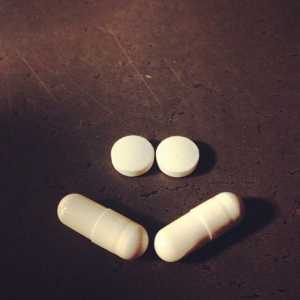MedicalResearch.com Interview with:
Dr. Chan Soo Shin MD PhD
Professor of Medicine
Seoul National University College of Medicine
Seoul, 03080, Korea
MedicalResearch.com: What is the background for this study? What are the main findings?
Response: Recently, a series of secondary analyses on large clinical trials and meta-analysis have reveled increased rate of cardiovascular events in women allocated to calcium supplements. As most of these studies were conducted in Western countries where the dietary calcium intake is sufficient, we aimed to investigate the association between dietary calcium intake level and cardiovascular events or mortality in Korea where the average dietary calcium intake is as low as 470 mg per day.
We have analyzed data from 4,866 adults aged at least 50 years without previous CDV or stroke history participating in the Ansung and Ansan cohort study, an ongoing, prospective, community-based study in Korea (2,690 women). Participants completed periodic food frequency questionnaires; CVD, stroke and fractures were recorded during interviews and examinations every 2 years. Researchers used proportional Cox regression analysis was used to determine HRs for all-cause mortality, CVD, cerebrovascular disease and fractures, adjusting for age, BMI, vegetable and fruit intake, protein and sodium intake, physical activity, smoking and drinking status, diabetes and hypertension history and total energy from diet. Researchers also adjusted for menopausal status and hormone replacement therapy in women. Women were followed for a mean of 9.2 years; men followed for a mean of 8.9 years.
Within the cohort, 359 participants died (243 men); 340 developed CVD (153 men); 157 experienced stroke (59 men); 568 experienced incident fractures (212 men).
In comparing the four quartiles for energy-adjusted calcium intake, women experienced an increased reduction in CVD risk with increasing dietary calcium intake. Women in the highest quartile saw the greatest reduced risk for CVD vs. the lowest quartile (HR = 0.53; 95% CI, 0.33-0.86), followed by women in the third (HR = 0.56; 95% CI, 0.36-0.85) and second quartiles (HR = 0.80; 95% CI,
0.55-1.17) when compared with women in the lowest quartile. We found no association between dietary calcium intake and stroke or fracture risk in women.
Dietary calcium intake did not affect all-cause mortality, CVD risk, stroke risk or fracture risk in men.
(more…)








